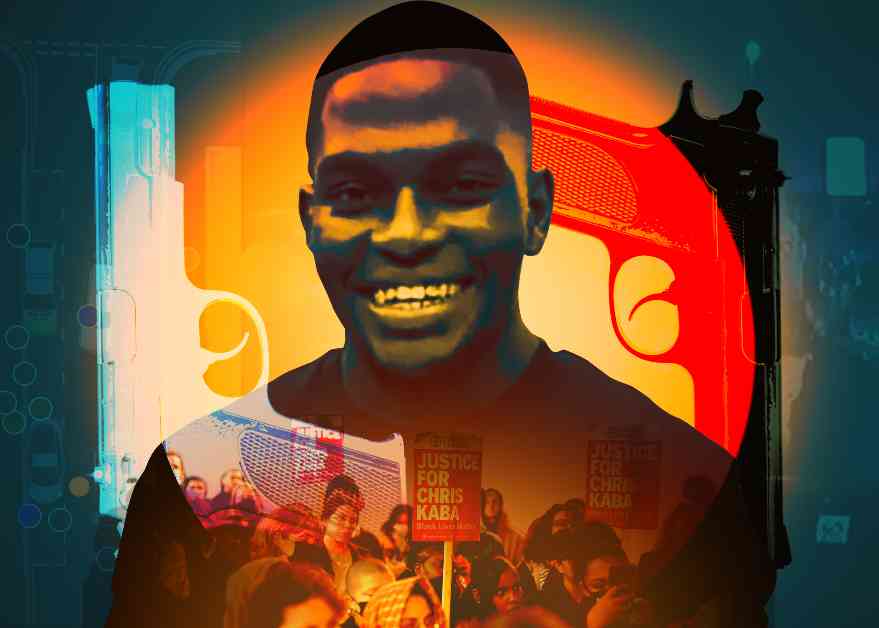On the night of September 5, 2022, a tragic incident unfolded in London involving a young black man named Chris Kaba. Police officers were tailing an Audi Q8 connected to a shooting incident when they confronted Kaba, who was behind the wheel. Despite their commands, Kaba made a sudden move, leading to a fatal shot being fired by a police marksman.
Two years later, Metropolitan Police firearms officer Martyn Blake was found not guilty of Kaba’s murder, sparking outrage and disappointment among Kaba’s family and supporters. The verdict was seen as a failure of the justice system and a lack of accountability for police violence.
However, new revelations shed light on Kaba’s criminal background, linking him to dangerous criminal gangs and multiple shootings in the days leading up to his death. This information, previously not made public during the trial, highlighted the complex circumstances surrounding the incident.
Despite the controversial verdict, calls for justice and systemic change continue from Kaba’s family and supporters. The case has drawn parallels to high-profile incidents of police violence in the United States, emphasizing the importance of accountability and racial equity in law enforcement.
The decision to lift reporting restrictions revealed crucial details about Kaba’s involvement in criminal activities, providing context to the events leading up to his tragic death. The prosecution argued that Kaba’s violent past explained his actions on the night he was shot by police.
Amidst the ongoing debate over the case, questions have been raised about the handling of the trial and the challenges faced by police officers in high-pressure situations. The verdict has sparked discussions about the need for a more nuanced approach to evaluating police actions in cases involving the use of lethal force.
As the aftermath of Kaba’s death continues to unfold, the case serves as a reminder of the complexities and controversies surrounding police shootings and the pursuit of justice in such cases. It underscores the need for transparency, accountability, and a deeper understanding of the underlying issues at play in instances of police violence.
































